Role of Education Minister in Universal Education Goals: Education is the strong root of a nation’s social growth. Education not only builds knowledge but also helps to shape personality, imparts values, and creates pathways to opportunity. The Universal Education Goals aim to provide comprehensive and good quality education to every child no matter what their background, gender, or where they live. (UN SDG)
In this journey, the role of the educational minister becomes important. The education minister is responsible for policymaker and ensuring that all citizens can access meaningful learning. The role of the education minister is not only to make important decisions but also to reduce the gap between domestic priorities and international obligations like the United Nations Sustainable Development Goal 4 (SDG 4), which concentrates on quality education for all.
Table of Contents
Role of the Education in Achieving Universal Education Goals (UN SDG 4)
The education secretary ensures that the dream of quality education at the global level comes true.
Their role extends across different aspects of the education system:
- Policy and vision- The head of the Education Ministry defines the vision for education and develops polices to meet global objectives like SDG 4.
- Access and Equality – The minister ensures that every school receives digital platforms and educational opportunities that are equally available to NGOs in urban, rural, and underprivileged communities.
- Curriculum Reform – This is the minister’s duty to ensure that the syllabus is updated so education can align with 21st-century needs, focusing on critical thinking and problem solving instead of theoretical learning.
- Teacher Recruitment and Training – Teachers are the pillars of education; for this minister develops training programmes and sets standards to ensure that students are guided by well-qualified mentors.
- Monitoring Progress- Education ministers analyse school performance, infrastructure development, and dropout prevention through effective monitoring and evaluation frameworks,
- Eliminating inequality- Through scholarships for students, special programs for girls, and supporting disabled children with quality education, the minister can easily reduce educational gaps.
Also Read: How NGOs Are Using Theatre for Gender Sensitisation in Rural Areas
Government Schemes and Initiatives Supporting Universal Education Goals
Schemes to achieve global literacy and must pay attention to quality learning for every child, NGOs in education secretaries and ministers worldwide have launched a transformative initiative that strengthens access, inclusion, and excellence in education.
- Free education laws: The government ensures that basic education is a legal right and ensures that all children have access to schooling. These laws eliminate financial barriers and ensure universal enrollment in primary and secondary education. (Right to Education)
- Scholarship and Aid Programmes – Providing economic help, conducting merit-based scholarships, and need-based grants empower students from economically weaker sections to continue their studies.
- Reduce rates and promote equal learning opportunities for students.
- Digital Education platforms – In digital times, only offline and traditional methods do not work; the government must provide online classes, smart classrooms, and virtual laboratories so students can easily access digital resources, interactive learning tools, and global knowledge networks, reducing the digital divide effectively.
- Teacher Empowerment Programs – Regular training workshops, tech-based learning sessions, and skill-development courses help educators apply innovative learning approaches, enhance classroom interest, and deliver quality learning outcomes through modern teaching practices.
- Infrastructure Development – The Government starts investing in building new schools, restoring classrooms, providing sanitation facilities, and ensuring digital connectivity to create safe, inclusive, and digital learning environments for all students.
- Inclusive Education Initiatives – Special schools, inclusive academic, disability support systems, and equitable policies promote equal access to education, supporting disadvantaged groups and minority groups to achieve their learning potential.
These innovative schemes present the determined focus of education leaders to build inclusive, equitable, and high-quality education systems that leave no learner behind.
Also Read: Understanding the Global Migration Crisis and the Role of NGOs in it
The Reality of Education – UN SDG Goal 4 Education
The reality of education reveals deep-rooted challenges despite ambitious goals and polices. Many areas still lack sufficient schools, and families, especially in backward areas, struggle to find nearby institutions. Girls suffer the most because parents are reluctant to send children to faraway schools: these children miss out on educational opportunities. In many government schools, teachers are often absent or neglect their responsibilities, knowing salaries are guaranteed; carelessness directly harms children’s education. Recruitment of a responsible and motivated teacher is crucial.
Due to a lack of skills, education remains limited to theory and tests. Students rarely gain important skills like coding, communication, or career-oriented training. Without skill-based learning, they struggle in real-world jobs. Poor families often cannot afford even minimal fees, forcing children to drop out of education. Education must be free or affordable from kindergarten to class 12. And facilities in many schools are lacking basic facilities such as sanitation, hygienic toilets, electricity for air conditioners or fans, proper classrooms, or computers.
These gaps promote an environment that is not suitable for learning. Students face inequality between private and government schools. A major factor in division exists between private schools with modern facilities and under-resourced government schools. This inequality expands the social and economic gap among students.
How Education Ministers Can Strengthen Universal Education Goals?
- Build more schools and improve infrastructure: The government should construct at least two well-equipped schools in every locality, featuring modern facilities such as libraries, science and computer labs, air-conditioned classrooms, sports areas, and digital learning tools for comfort, and provide high-quality education for all learners.
- Promote skills-based education: Alongside academic knowledge, schools must integrate ability-focused training in digital literacy, communication, problem-solving, and business creation. This approach prepares students for future jobs, creativity, and real-life challenges, promoting independence and employability across all sectors.
- Make Education Affordable: The Government should provide free or affordable education up to 12 years and offer scholarships, student loans, and financial aid for higher studies. Such programs ensure that no student is disadvantaged in education due to poverty, promoting equal opportunity for all.
Also Read: Digital Inequality in Remote Education Access
- Trained teachers: Regular learning workshops, professional development programs, and performance-based rewards must be provided to teachers. By enhancing their teaching methods and accountability, educators can ensure effective learning moral growth, and technological competence among students.
- Close the digital gap: The government should work on digital inclusion by providing free internet access, affordable tablets, online learning platforms, and libraries for rural and deprived students, enabling equal participation in virtual education and reducing the city-village technology gap.
- Encourage community participation: Parents, NGOs, and local governing bodies should be actively engaged in school development, recording presence, enhancing responsibility, and encouraging holistic growth. This collective effort develops the connection between education, society, and community empowerment.
- Monitor and Evaluate Progress: The Public reporting system must track student learning outcomes, teacher performance, and structural quality. Ongoing evaluations and data-based evaluations ensure accountability, continuous improvement, and effective execution of education polices at all institutional levels.
Making Education More Valuable in the 21st Century
Students should get more education than just reading and exams to get students ready for real-life challenges. Every child should learn digital knowledge, coding skills, and familiarity to AI to succeed in technology-driven industries and focus on skill-based learning, including problem-solving, communication, and business creation. This ensures students are prepared for global challenges while developing practical abilities that go beyond memory-based learning.
To make learning appropriate, governments and schools must implement a career-focused scheme that relates education to industry requirements. Promoting research and novelty in classrooms and labs helps students tackle real-world problems creatively. At the same time, global citizenship education teaches peace, equality, environmental responsibility, and cultural respect, preparing students to act as socially responsible citizens who contribute positively to both local and international communities.
Also Read: Mental Health Issues in India and the NGOs’ Role
Education should also develop well-rounded individuals through arts, sports, and lifelong learning opportunities, allowing students and adults to continually upgradetheir knowledge and skills. Teachers support inclusive education and provide learning opportunities for all, regardless of gender, caste, or income. A strong focus on technology and durability for future generations to build innovative solutions and create a responsible, environmentally conscious workforce.
Conclusion
The Role of Education Minister in Universal Education Goals is complex, demanding and vital. It spans vision and policy, access and equality, curriculum and infrastructure, teacher quality and digital inclusion. While the ambition of universal education is global, real progress happens through national systems led by committed ministers. When well-led, education becomes a powerful tool for empowerment, equality and national development. In this sense, every policy decision, system reform and investment under the education minister’s watch is a step toward fulfilling the promise of education for all.
Also Read: What Is Climate Anxiety and How NGOs Can Respond
Education, Minister, stands at the center of this transformation, whose vision and responsibility determine all this is how we have come to the dream of universal education for all.
Frequently Asked Questions (FAQs)
What is the main aim of education?
The aim of education, to help learners acquire knowledge, functional skills and values that prepare them to solve everyday problems, make responsible decisions, and contribute positively to society.
What are the Millennium Development Goals?
The Millennium Development Goals (MDGs) were eight international targets set by the United Nations to be achieved by 2015. They focused on reducing extreme poverty, achieving universal primary education, and ensuring gender justice. And improving child health, fighting illness, ensuring long-term environmental feasibility and creating a global partnership for development. MDGs aimed to improve living standards worldwide and create opportunities for better health and education, economic growth, especially in developing countries.
How can the government change education inequality?
By creating equal opportunities: building schools in underserved areas, offering financial aid, using digital tools to reach distant learners, training teachers, and ensuring inclusive classrooms.
In India, what is goal 4 of SDG?
It aims to ensure inclusive and equitable quality education and promote lifelong learning opportunities for all learners — focusing on literacy, numeracy, skill-based learning, digital inclusion and equal opportunities for girls and marginalised groups.
What are the goals of SDG 4?
The goals of SDG 4 are to provide detailed and quality education for students and promote lifelong learning opportunities. It focuses on reducing unfairness in education, ensuring access for girls, deprived groups and persons with disabilities. SDG 4 also emphasize improving teaching standards, building safe schools and promoting skills needed for employment. The aim is to create a society where everyone has the opportunity to gain skills and prosper.

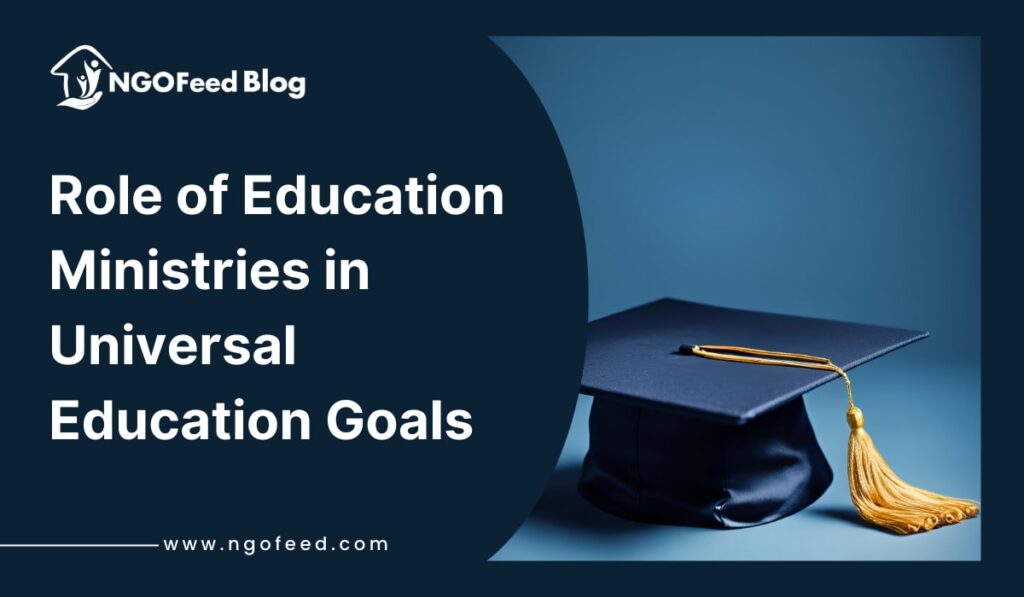
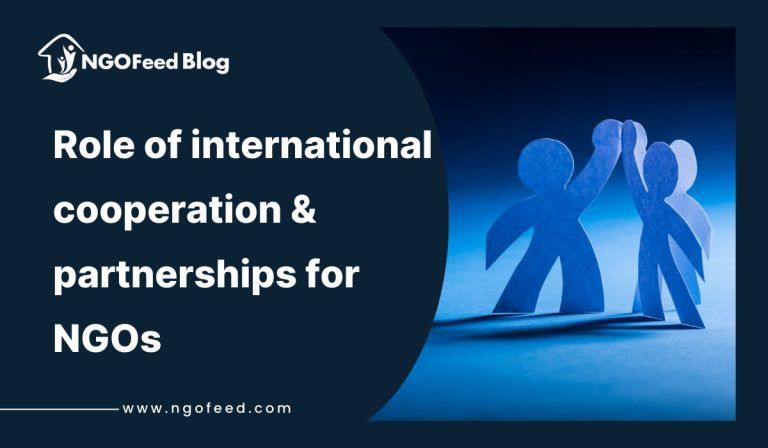

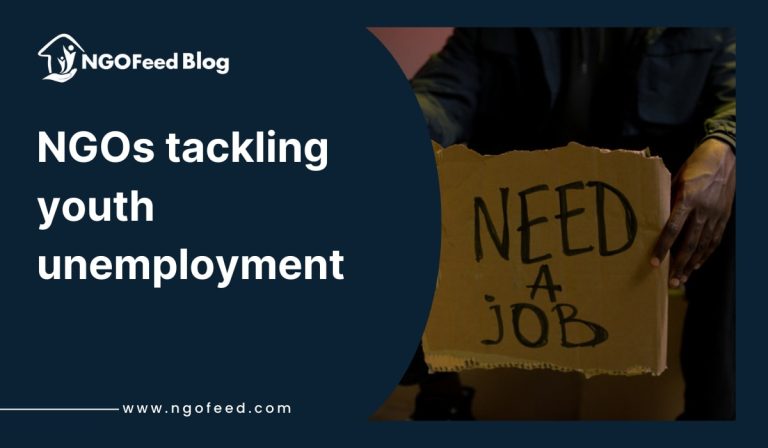

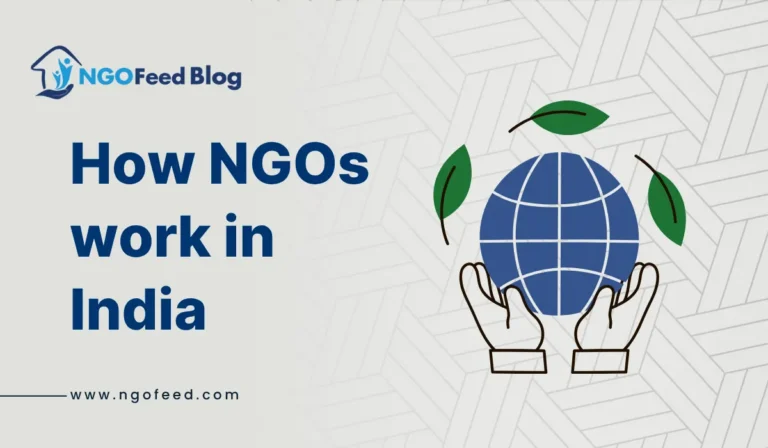

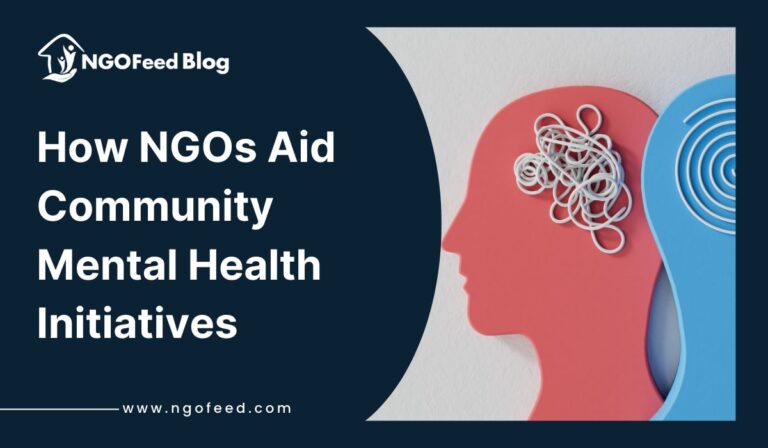
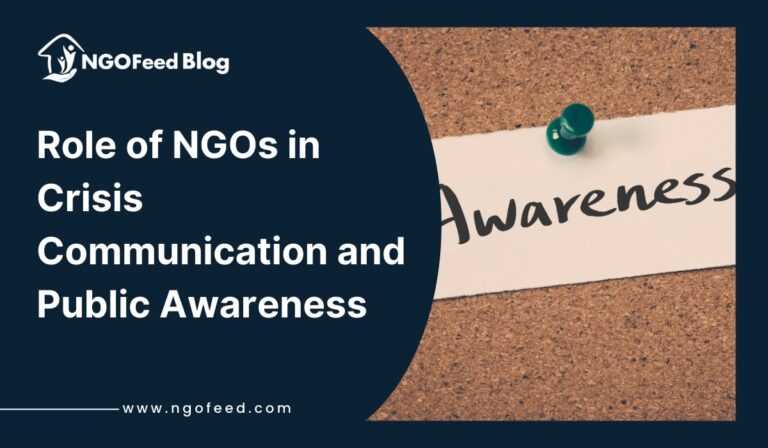
I eagerly follow you